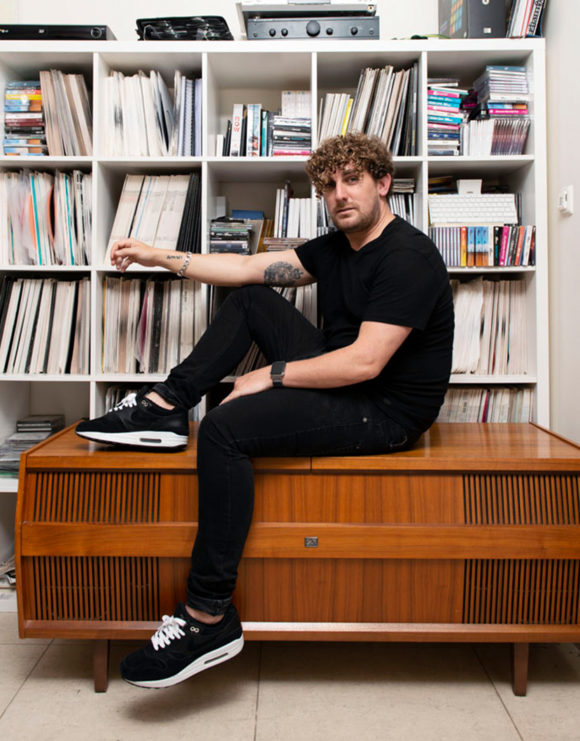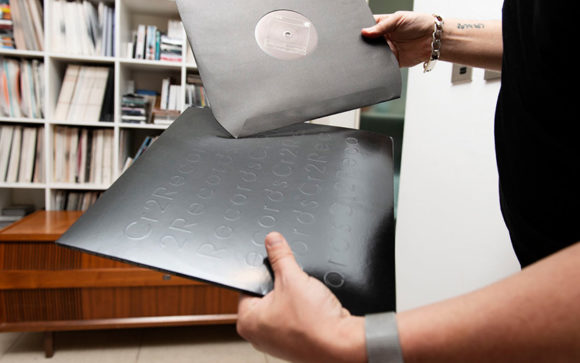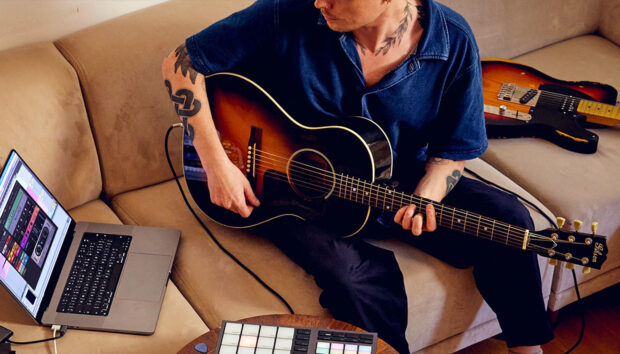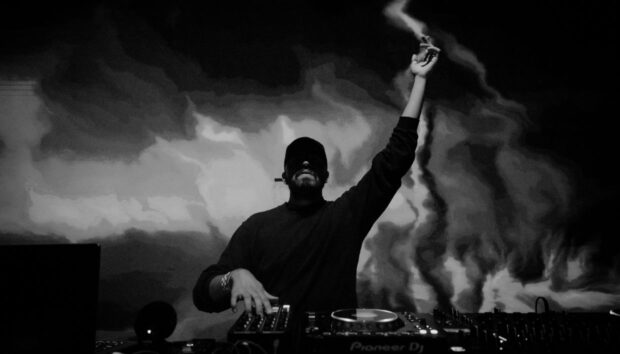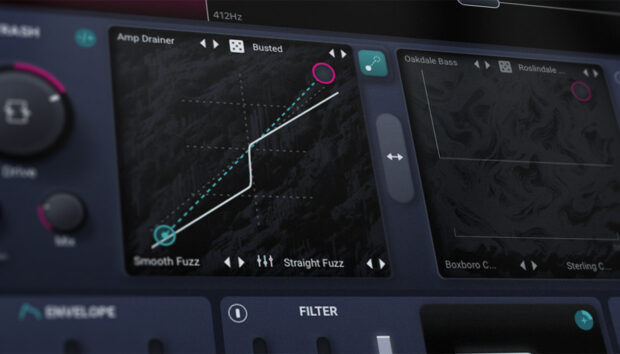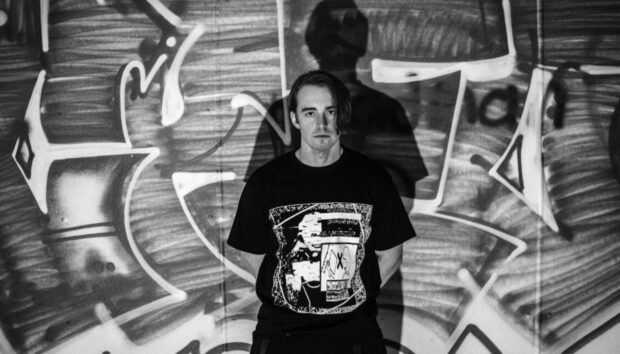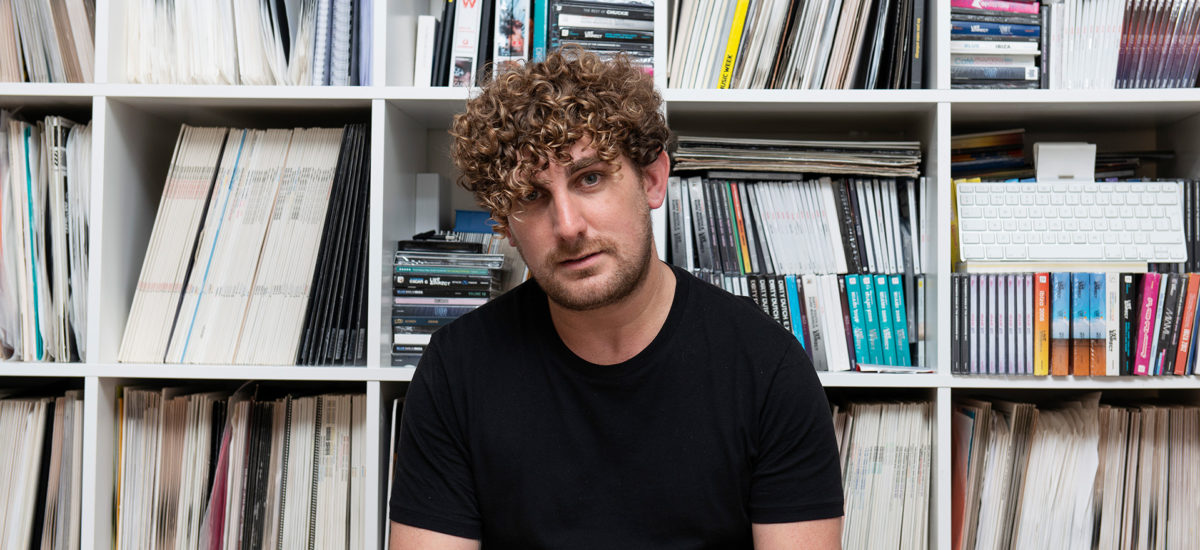
The music industry is notoriously fickle. Tastes change and fads quickly fall out of favor. This is especially true in electronic music, where trends and imprints seem to come and go almost daily. Just that Cr2 Records has been turning out releases for over 15 years this year, makes this even more impressive.
Launched by DJ Mark Brown in 2004, the UK imprint is one of the most respected and successful imprints in dance music. Its success is due in large part to the vision of its founder, who has consistently viewed changes in technology as opportunities to be embraced. Brown also realized that label would expand its influence by diversifying the way it reached new audiences. Music though is always at the heart of the label, and central to everything they do. So it makes sense that his ethos of diversification carries over to the label’s sound.
“I’ve never really pigeonholed Cr2 as having one sound because I like all types of music,” Brown says. “And I think it gives the brand longevity.”
Looking back, it might seem like success for Cr2 was preordained. But Brown launched his imprint during one of the toughest periods for dance music. At the time he was made redundant from his A&R position, and dance music was becoming a “dirty word” with the major labels, as Brown puts it. Luck certainly played its part. But his extensive experience gave him the insight and contacts to turn potential misfortune into a serious opportunity.
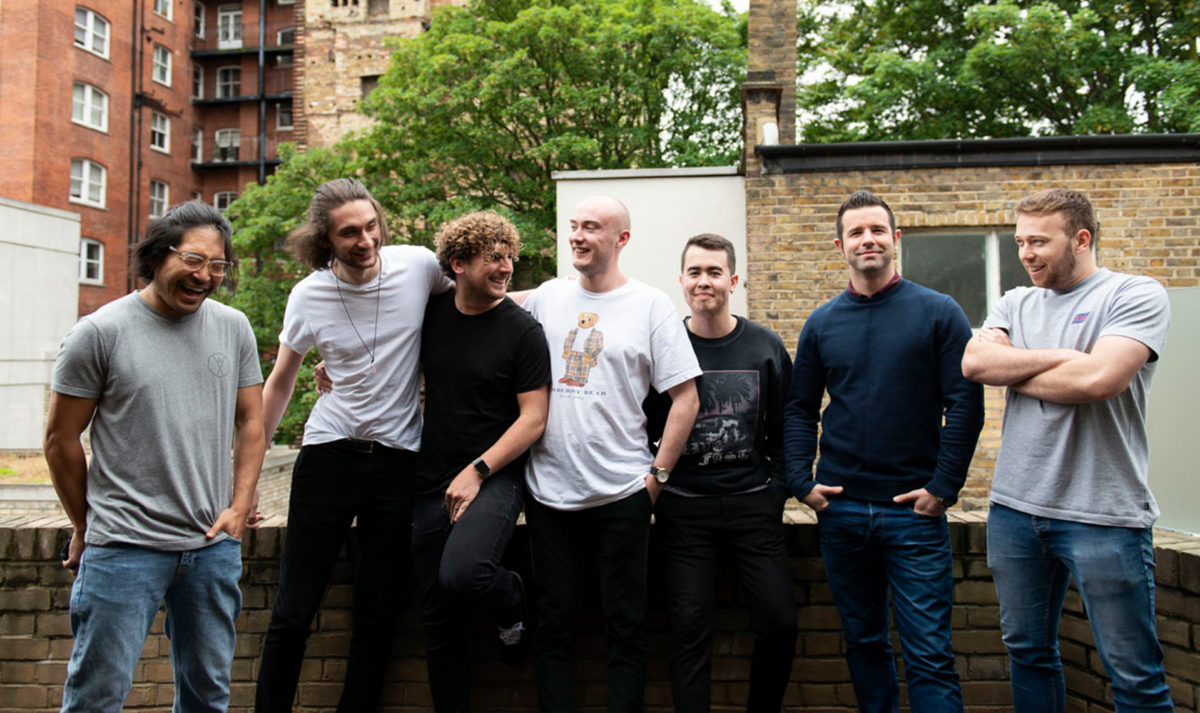
How it all started
“It started for me when I was 17,” Brown says from his office in London. “I was working in an independent record store selling vinyl, where I developed a relationship with a lot of the local DJs.” From there, Brown went on to become a buyer for HMV, importing vinyl and setting up the dance divisions when he was just 21. After a stint scouting for EMI records, he was offered a job in their sales department, before being headhunted by one of the directors at Parlophone Records, Miles Leonard. And Credence Records was then born in 1999.
Credence was Parlophone’s first official dance imprint. And while there, Brown worked with acts like Eric Prydz, Green Velvet, Alan Braxe, and Dirty Vegas, who in 2003 became the first British band to win a Grammy for Best Dance Recording with their record ‘Days Go By.’ “As a young A&R at age 26, walking on the red carpet with a British band was a pretty incredible experience for me,” Brown says.
By the following year, things turned for the worse within the dance music scene. “All the super clubs were closing, all the major record labels were turning their back on dance music, and the indie labels were going through a tough time,” Brown says. While on his redundancy notice period at Parlophone, Brown’s boss let him establish a new label. So Brown reached out to everyone he knew in the media, marketing his new venture as an offshoot of Credence. “And that was Cr2, which was Credence 2,” he says.
The marketing campaign worked well. Though Brown admits its success was helped in part by the media landscape of 2004. “There was no social media back then, it was all physical press. And if the key figures of the industry got behind a project, you were able to push that into the marketplace very easily. But we had great records as well — the music did the talking.” One of those records was 2004’s ‘Woz Not Woz‘, a collaboration between Eric Prydz and Steve Angello that Brown had signed at Parlophone and was able to take with him. It was a huge record and helped put Cr2 on the map as an independent hit-maker. Brown’s close relationship with Prydz continued paying dividends as the label grew.
That same year, a new online music store for DJs called Beatport was launched out of Denver, Colorado. “I remember when Beatport first set up, they had a server on one of their desks, and we were one of the first ten labels to join,” Brown says with a chuckle. “It was a case where if you sold ten copies on digital download, that was considered a success.”
Brown says he always knew things had to evolve for the industry, and he “was constantly looking at what happens next.” Working with artists like Eric Prydz, who “was always a forward-thinking, technology-conscious artist,” made that easier, Brown says. Between the two of them, Cr2 was “really well equipped to manoeuvre in that space and work quickly with the lead players in that retail sector,” Brown says.
Changing with the times
Enter streaming over a decade later, and Brown thinks the same principles that helped him capitalize on the emergence of music download websites have been instrumental in the continued relevance and success of his label.
“I’m a firm believer that new formats can only benefit the industry, for the most part,” Brown says. “And if it means our niche can grow with a new audience, I’ll fully back that particular format. With streaming, we were in when Spotify first launched. So it’s been easier for us to make that transition, as opposed to, ‘oh, this is a format which is damaging our industry and we’ll be resistant toward that,’” he says.
Brown is aware of the monetary problems many publishers and artists face with streaming, but remains optimistic they’ll be worked out with time. “These guys at the streaming platforms are aware of the concerns that people have,” he says. And despite the downsides, Brown believes “streaming has been incredible for everyone in the industry, not just labels.”
“There’s been so many cases of an unknown artist that’s had their career elevated to a new level because of streaming platforms, which has a great monetary value for an artist as a touring artist,” Brown says. Tours generate income and exposure for artists, and Brown has watched several of his label’s acts grow through streaming hits. He also uses streaming to work promo for a release in ways he never could before.
“There may be a release that we feel will work better on vinyl and get more attention in the underground, and when that’s built up a buzz and momentum, we’ll transfer that into the streaming sector, giving much more longevity and greater exposure to the artist, but still retaining the integrity of where the artist is coming from,” he says.
Sample tools
The success of Cr2 hasn’t been lost on the public. Remaining open to new demos, the label receives some 1,500 per week. While Brown says his team doesn’t find music worth signing through unsolicited demos very often, he sees value in keeping an ear towards the unknown. “Some of our biggest acts on the label, Fedde Le Grand and Chuckie, those artists weren’t established artists when we signed them. They came through hand-delivered demos or test pressings sent to me as a DJ to play out, so it’s important to be as proactive as possible in the demo space.”
Since the launch of Sample Tools five years ago, Brown says the amount of demos his label receives has exploded. Cr2 was an early leader in sample pack collections, and Brown’s vision paid off in part by introducing his imprint to a whole new generation of producers. But he also saw Sample Tools, which he describes as “an extension of the label itself,” as a way to give back to an industry that has given him so much.
“Since I’ve had the label, one part of the industry that I have a slight issue with is ghost production,” he says. “Some people have done very well out of it, and some people have been found out. But I feel like I have a responsibility to the industry that I feel so lucky to be a part of to try to educate and encourage people to make music, even if they are working with an engineer or something on their own, to try and fulfil their dreams and try and learn to make music themselves.”
Early on, Brown began including high-quality tutorial videos with each pack to help the next generation further develop their production skills. “It’s not just about having big-name artists,” he says. “It is about the future — the next artist coming through and developing, and with that we’ve been able to assist a lot of people in their careers who use our sounds.”
Brown has long been a fan of Native Instruments. “I use NI equipment in the studio, and it also felt like a natural fit. A lot of Native Instruments users are very aware of Sample Tools and Cr2 as a brand,” he says.
This kind of keen brand awareness has long served Brown well. Over the years his label has partnered with clubs and events like Blue Marlin Ibiza, Café Mambo, Pacha Ibiza, Space Ibiza, elrow and Tomorrowland with parties and compilations. “It’s really important that I position Cr2 with the correct brands. That enhances the brand awareness for us, but it also allows us to break music with some of these compilations where someone may have not heard the music before,” he says.
The biggest promo tool for Cr2, Brown says, is the Live & Direct Radio Show, which Brown hosts. The show has been running for seven years and is nearing its 450th episode, reaching 13 million listeners on over 70 stations worldwide. “That allows me to communicate the music we’re releasing on the label as well as some of my favourite producers and friends,” Brown says.
Running a successful label means different things for different people. For Brown, it means keeping a constant eye on the underground with hits from artists like Gerd Janson, while pushing his label into new and untested frontiers. It means diversifying his brand while remaining true to his original vision. It helps develop the next generation in any way he can by finding and releasing great music.
photo credits: Kristina Salgvik








